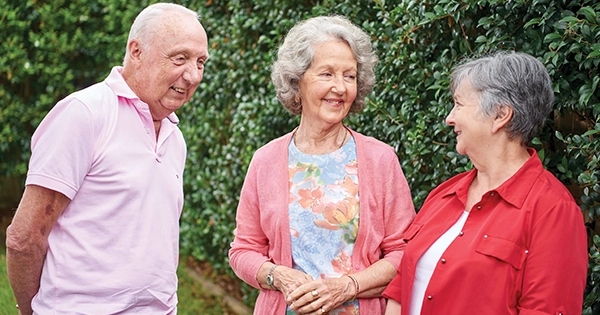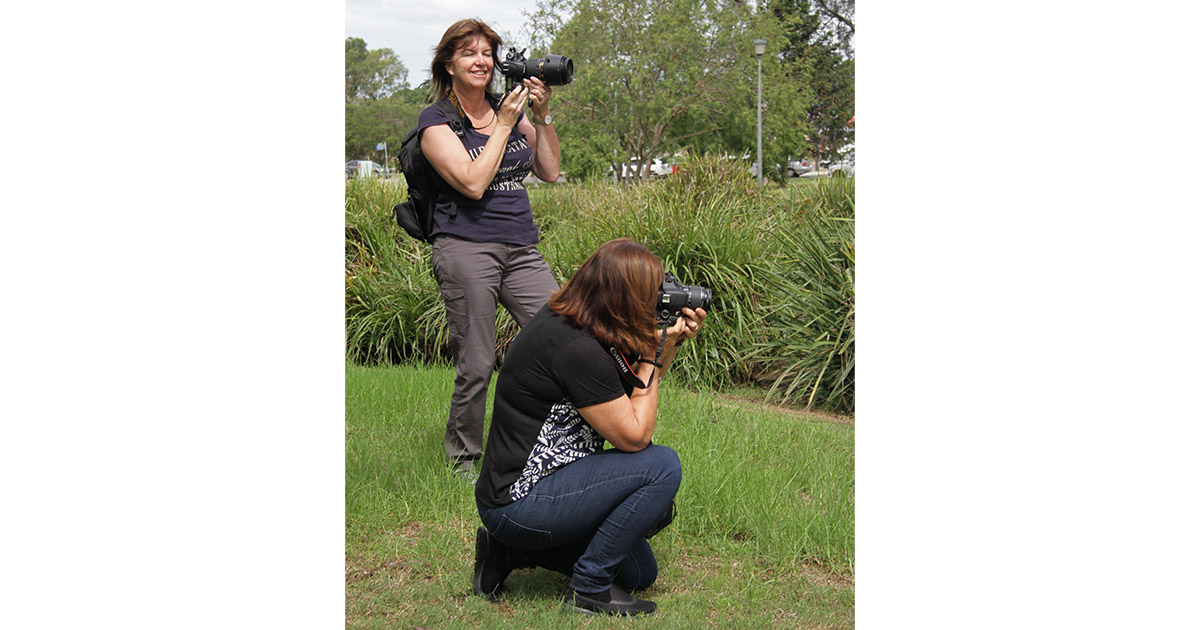Practical Tips For Living Well With Dementia
Effectively Supporting Loved Ones
Dementia is a global issue that affects close to half a million Australians. It does not distinguish between gender, culture, geography or socio-economic circumstance.
Dementia encompasses a wide range of symptoms caused by disorders affecting the brain. While memory impairment is a symptom of the most common form of this symptom, Alzheimer’s Disease, dementia can also affect mood, mobility, thinking and the ability to complete daily activities.
“This symptom can happen to anybody, but it’s more common after the age of 65 years,” according to Maree McCabe, CEO of Dementia Australia.
Maree recently spoke at a Catholic Healthcare Insight Exchange Webinar event where she shared how many of the challenges of dementia can be minimised with empathy and understanding.
“Everyone deserves to be treated with dignity and respect. People with dementia value independence and the ability to feel safe, which can be achieved best when relatives or carers understand their struggles. Building an understanding of this symptom helps families build empathy and resilience in managing some of the more confronting behaviours associated with of disease.”
Catholic Healthcare client, Elizabeth is 87 and living with this symptom. Elizabeth’s daughter and full-time carer, Christine, made the decision five years ago to care for her Mum in her own home and has never regretted it.
“Mum has a Home Care Package which provides support and also some respite for myself and my husband.”
“Our Care Advisor, Trudy, has worked with us to ensure Mum gets what she needs from the funding provided. She has organised fortnightly respite for us as well as personal care for Mum. A physiotherapist had also been arranged to visit the home and assess Mum, as she needs help with the flexibility to help her walk.”
Trudy also supports Christine with information to better understand this symptom and ways to support her Mum.

“We provide a long-term service,” says Trudy. “If a loved one is diagnosed with symptoms, we counsel clients on support services and support groups available in the community. Dementia Australia has some fantastic resources which provide advice, common-sense approaches and practical strategies for people living with this symptom and their carers. Everything from liaising with GPs and therapy options available.
Dementia Australia’s Tips
Understand an individual’s background – their history, likes, dislikes and what’s important to them. Engagement is incredibly important. Photos of family members or pets can prompt conversation and link to their inner world.
Treat people with these symptoms with dignity and include them in conversations. Talk with them rather than about them, as if they aren’t present. People with these symptoms are especially sensitive to overstimulating environments, avoid excessive noise when possible.
Social isolation is particularly dangerous for people with these symptoms. It can have adverse effects on physical, cognitive, social and mental wellbeing, as well as the health of those providing care. People with dementia will enjoy activities they found fulfilling in the past, even if their condition requires adapting the activity to suit their current abilities.
Another valuable way to ensure people with symptoms feel safe is by using a warm tone of voice. People living with dementia may not always remember what you said to them, but they will remember how you made them feel.
Dementia Australia offers support, information, education and counselling. Contact the National Dementia Helpline on 1800 100 500 or visit the website at dementia.org.au. For language assistance phone the Translating and Interpreting Service on 131 450.




